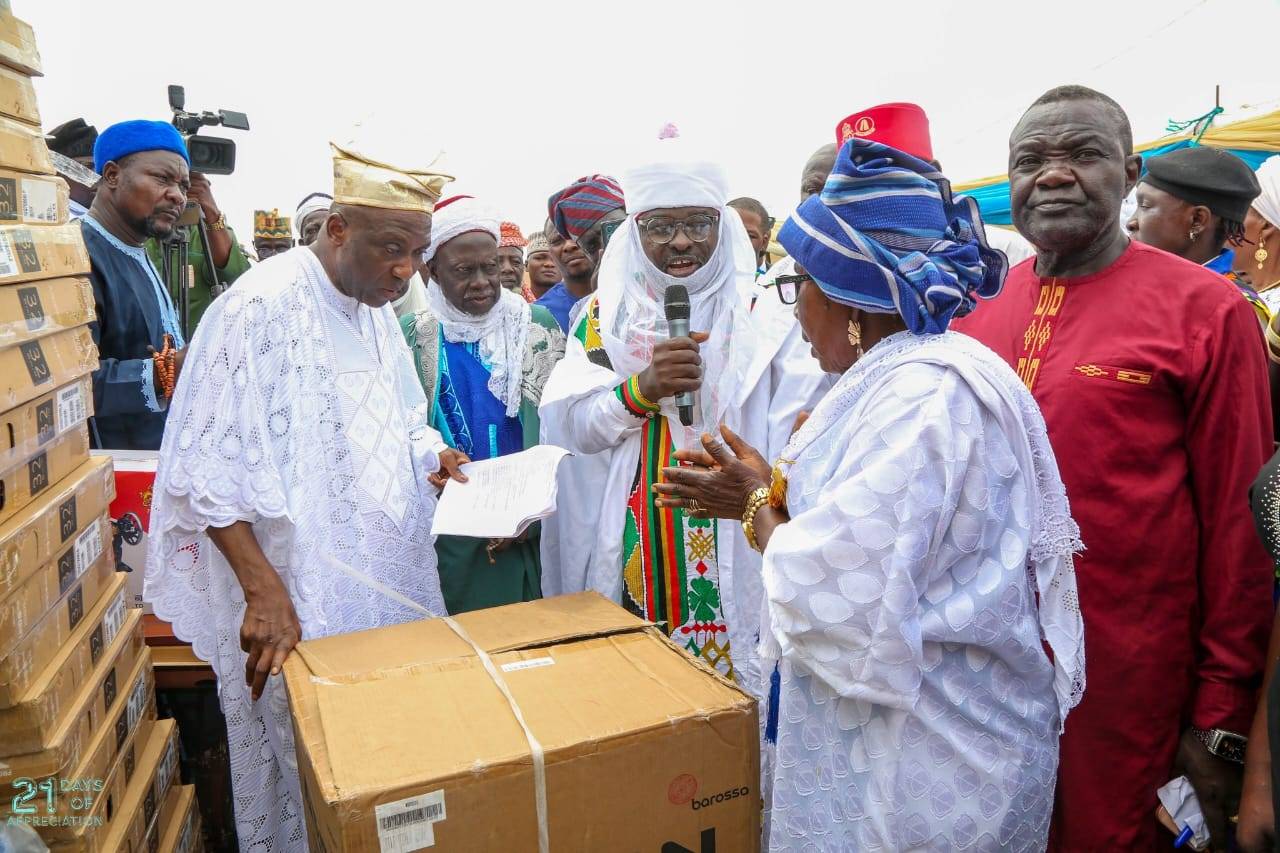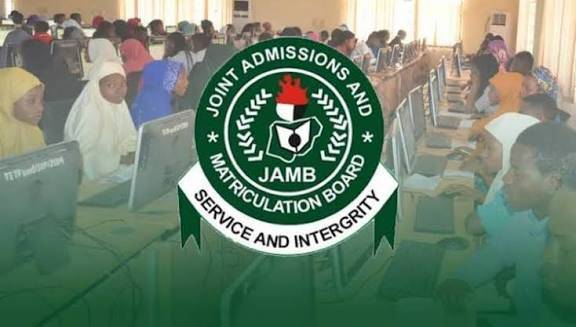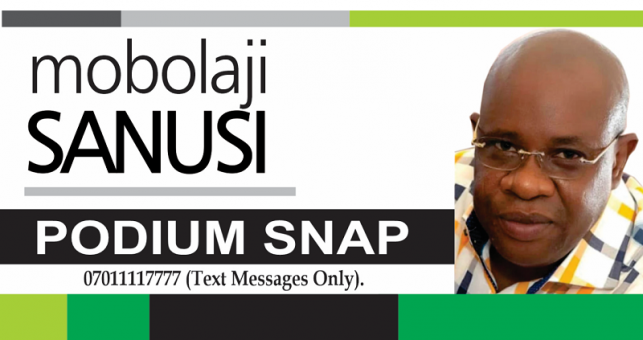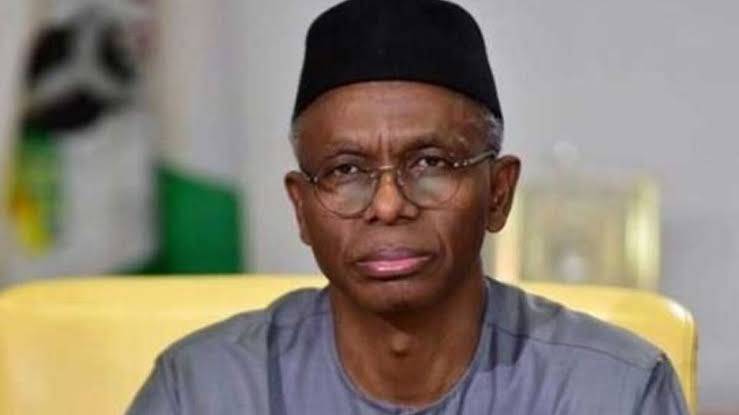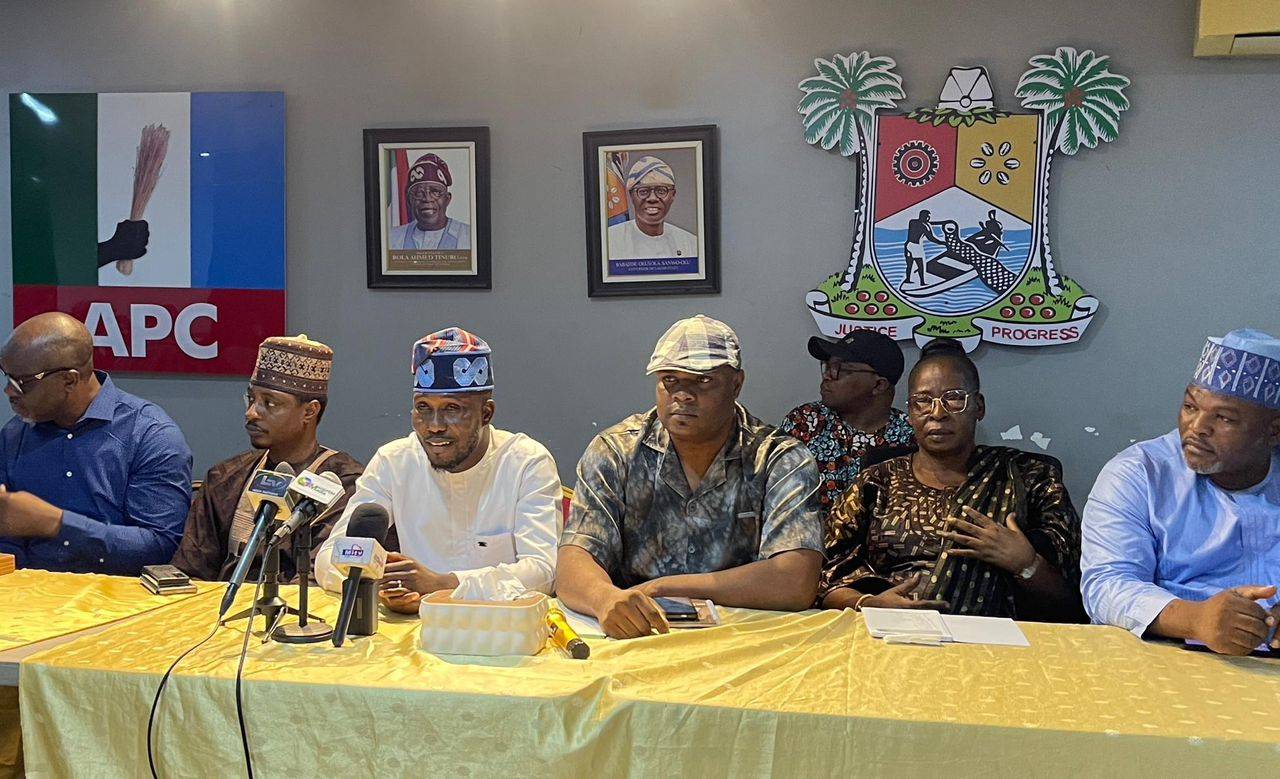Contrary to generally held assertion that subsidies on the premium motor spirit (PMS), otherwise known as petrol, have been removed by President Bola Tinubu, the International Monetary Fund (IMF) has revealed that the federal government has restored fuel subsidy.
It will be recalled that Theliberationnews reported on May 29, 2023 that President Bola Tinubu, in his inauguration speech, unequivocally announced that subsidy is gone, signaling an end to petroleum subsidies in the country.
However, during the weekend, the IMF issued a statement on the conclusion of its Executive Board’s Post Financing Assessment with Nigeria, and it expressed concerns that the government had capped the prices of fuel at retail stations.
The global lender advised the administration of President Tinubu to completely stop the payment of subsidies on petrol to free funds to run the government.
Majority of Nigerians see the IMF’s observation as an undue promotion and encouragement of “anti-masses policies”, thereby calling on the Nigerian government to explore home grown options that would fix the economy and better the lives of the people of this country.
Theliberationnews can authoritatively report that in the past few days, queues are returning to petrol stations in major cities in the country, but also reported the Nigerian National Petroleum Company (NNPC) Limited statement allaying the fears of consumers, assuring that it has enough to go around.
After the removal of the petrol subsidy in May 2023, the pump price changed from N185 per litre to N400 per litre, and then to N568 per litre at NNPC fueling stations, while others currently sell above N600.
The government had said the prices would fluctuate after subsidy removal from time to time but the pump price has maintained a steady rise despite the fact that the price of crude oil in the global market keeps going up and down.
The IMF, in its latest statement at the weekend, said the Tinubu administration has “capped retail fuel and electricity prices” ostensibly to “ease the impact of rapidly rising inflation on living conditions, thus partially reversing the fuel subsidy removal.”
The Nigerian Liquefied Natural Gas (NLNG) in August 2023 reportedly paid $275m as dividends to Nigeria via NNPC Limited. NNPC Limited purportedly used $220 million (N169.4 billion at N770/$) out of the $275 million to pay for the PMS subsidy. Then NNPC held back $55 million, illegally.
The recent devaluation of the naira at the official forex window which has seen it exchange for N1, 499/$ will possibly push pump price of petrol to cross the N1, 000 per litre mark without an intervention.
A breakdown of the landing cost of petrol before the latest devaluation showed that product cost was N627.82 per litre, finance cost was N11.61, and operations/administrative cost N12.32, bringing the total landing cost to N651.75 per litre with local currency pegged at N900/dollar ceiling.
The amount has seen independent marketers adjust pump price three times between August and December 2023, forcing them to sell between N660 per litre to N670 per litre.
NNPC retail outlets have however continued to sell at N617 per litre.
With the old situation, it is fully suggestive that petrol ought to sell at over N720, and someone, most probably, is paying the price differential.
Therefore, the new exchange rate indicates that prices should be above N1,000 per litre .



